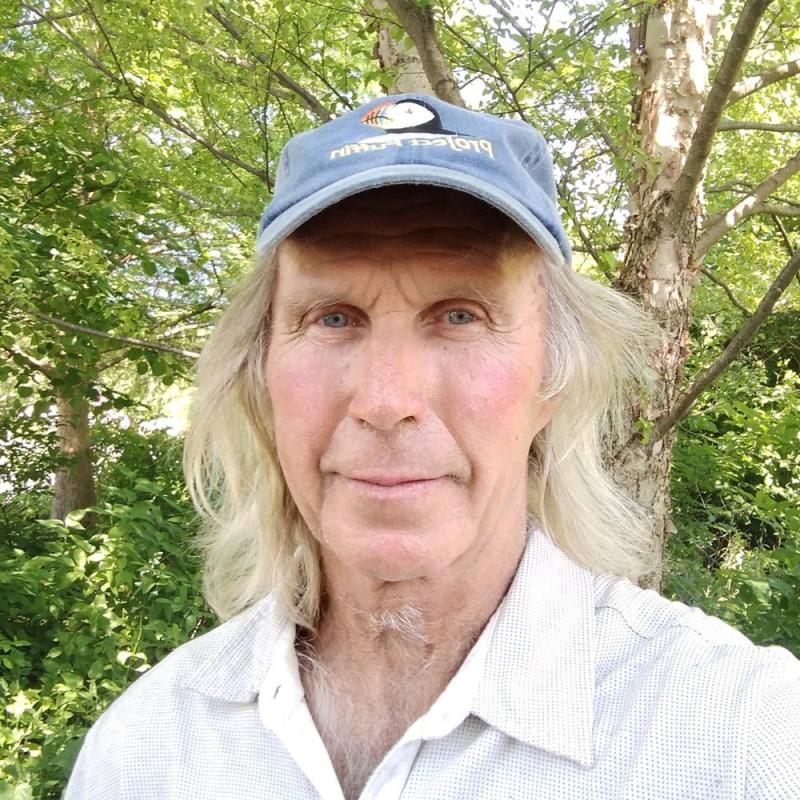When birds thrive, we all win. When birds disappear, we all lose.
Delaware is coming very close to losing one of its premier natural attractions, the appearance of migrating shorebirds along the Delaware Bay coastline during spring stopover. Due to the runaway harvest of horseshoe crabs during the last decade of the 20th century, the food source on which the shorebirds depend has been slashed by an order of magnitude from earlier levels. That loss has upended the life cycle of multiple species of marine and avian wildlife, most notably that of the iconic red knot, which is now listed as threatened under the Endangered Species Act.
Although the connection between the depleted horseshoe crab population and disappearing shorebirds was discovered before the red knot was driven to extinction, red knot survival remains precarious. At major wintering sites in Tierra del Fuego, red knot populations have fallen to 10% to 20% of their baseline abundances documented during surveys carried out in the 1980s. Although regulation and management of the horseshoe crab population commenced in 1998 to correct the decline of both horseshoe crabs and the red knot, the Delaware Bay horseshoe crab population has not substantially changed from the level documented at the peak of overharvest. The red knot continues to decline.
It is an established fact that there is no larger aggregation of spawning horseshoe crabs and shorebirds than the Delaware Bay coasts of Delaware and New Jersey. Prior to the 1990s, Delaware Bay beaches in spring displayed mounds of surface horseshoe crab eggs which provided a bounty for visiting red knots, fortifying them for their final nonstop flight to their high Arctic breeding grounds. At that time, red knots were evenly distributed between the New Jersey and Delaware coasts. As shorebird populations declined with the disappearance of the egg mounds, the patterns of distribution in the Delaware Bay changed, with a shift away from Delaware and toward New Jersey. Explanations for this shift relate to the overall decrease in horseshoe crabs in the bay, but one additional factor is that New Jersey has had a bait harvest moratorium in place since 2008. Delaware's allowed bait harvest has continued unabated since the epic crash of the 1990s.
Delaware's legislative body has the opportunity to take decisive action to halt the continuing environmental degradation of the Delaware Bay. It must implement a horseshoe crab harvest moratorium equivalent to the one in place in New Jersey. Delaware has been relying on recommendations of an industry-biased agency for setting its harvest policy. The state needs to acknowledge that those recommendations have been a failure in achieving the stated objectives of at-risk species protection. There is nothing gained when policies result in harm to birds. On the contrary, returns on helping birds extend well beyond birds.
A bold move by Delaware to end the environmentally destructive practice of using a keystone species as a bait source will have an enormous impact beyond Delaware. Although there is an effective synthetic alternative to the use of horseshoe crab blood for endotoxin testing, lobbyists for the bleeding industry are resisting efforts to have the U.S. biomedical industry upgrade to the synthetic, as Europe has already done. The bleeding industry is feeling no pressure as long as states such as Delaware continue to allow a bait harvest. Once Delaware terminates its bait harvest, the U.S. conversion to the synthetic from the now-obsolete practice of drawing blood from horseshoe crabs will move forward on a faster track.
Bird conservation benefits everyone: wildlife, people, entire ecosystems, and Planet Earth. Delaware legislators will gain respect from all corners if they show the courage and pass legislation to implement a horseshoe crab bait harvest moratorium early in the 2023 legislative session.






















































